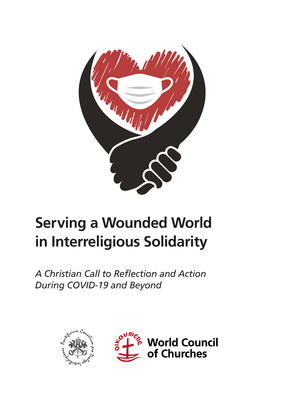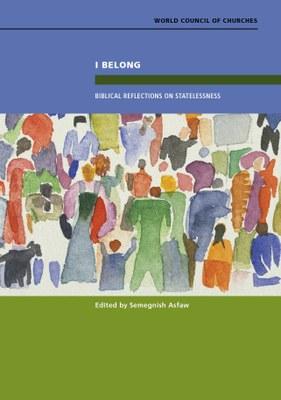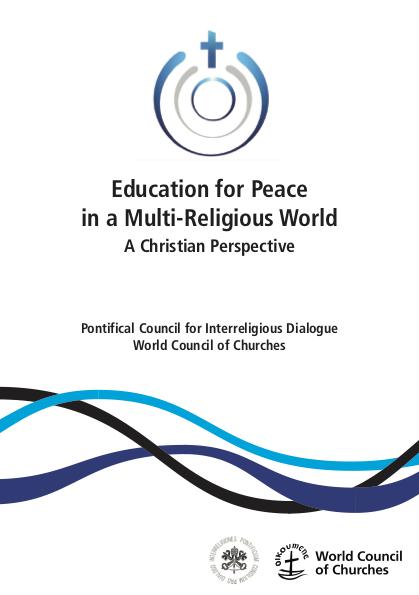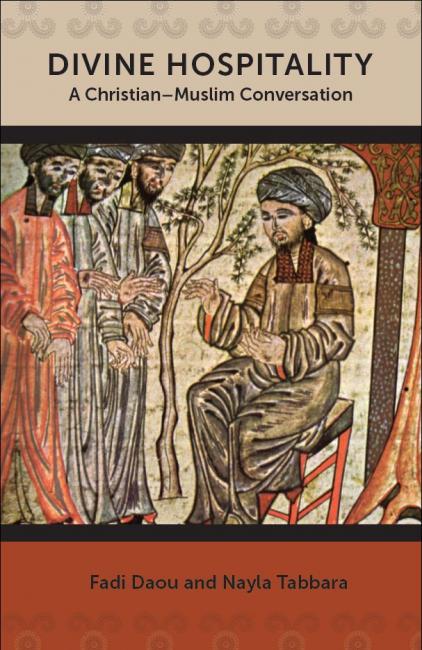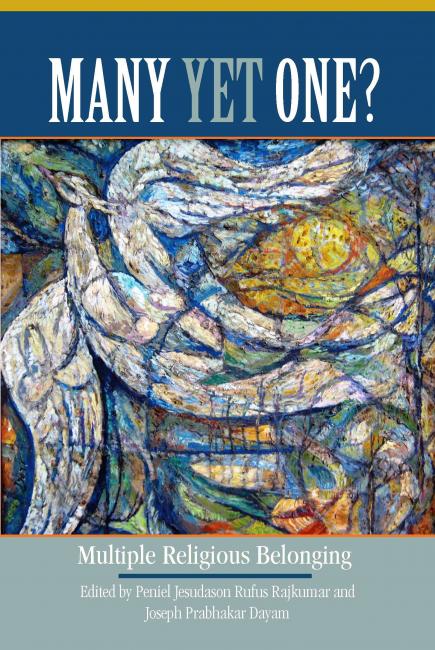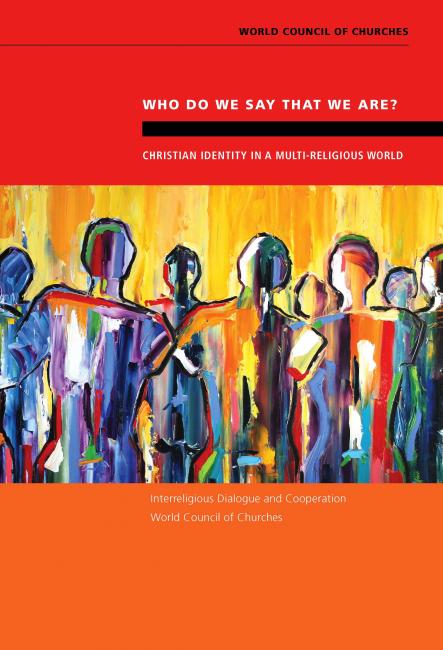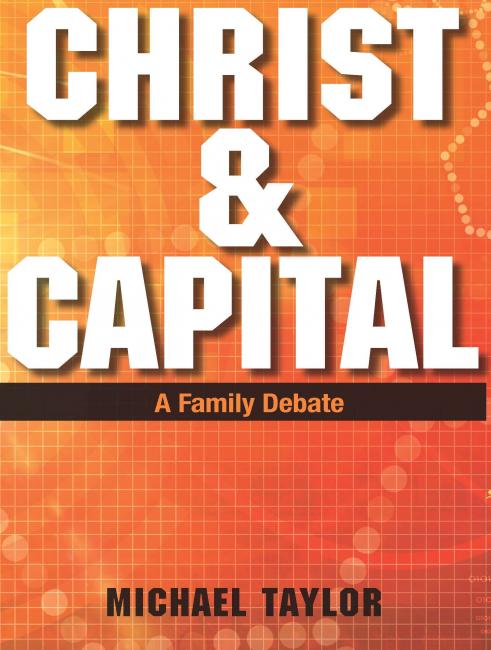Displaying 21 - 40 of 47
Jericho - Walking in the Footsteps of Jesus
30 March 2021
Serving a Wounded World in Interreligious Solidarity
A Christian Call to Reflection and Action During COVID-19 and Beyond
25 October 2020
I Belong: Biblical Reflections on Statelessness
Biblical Reflections on Statelessness
12 October 2020
The Call of Abraham: Blessings and Testings for the Church
29 September 2020
Current dialogue
18 December 2018
Growth in Agreement IV:
International Dialogue Texts and Agreed Statements, 2004–2014, Volumes 1 and 2
01 February 2017
Christ & Capital
01 January 2015
Peace-ing Together Jerusalem
03 June 2014



